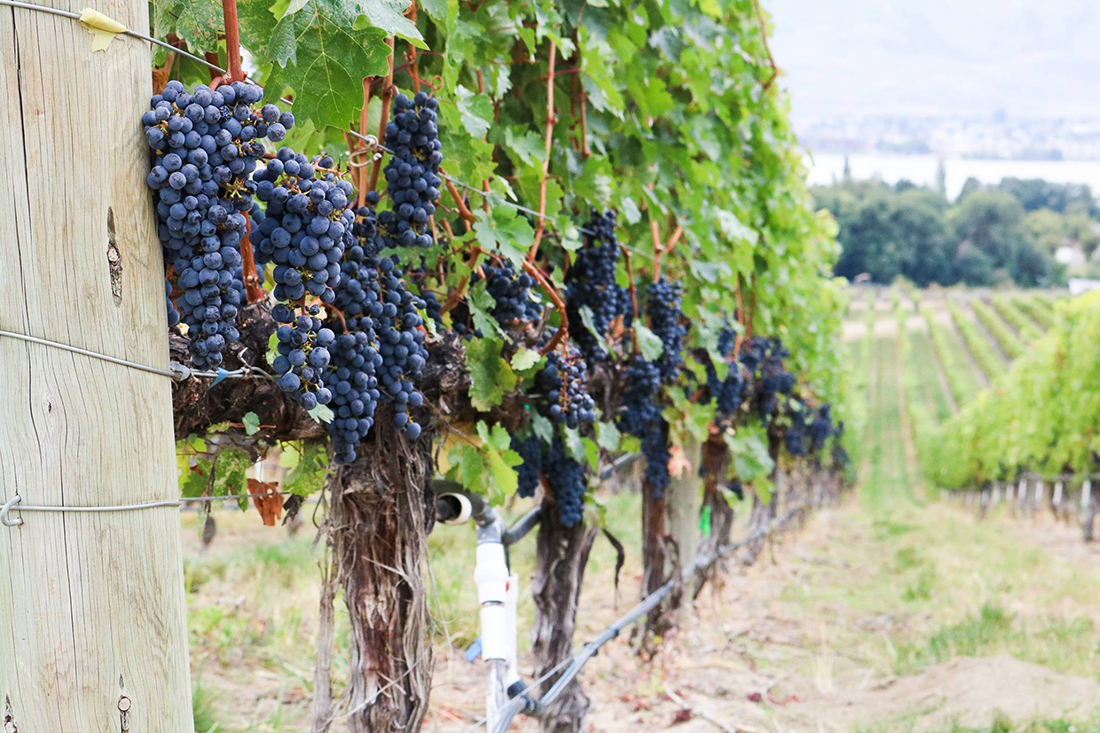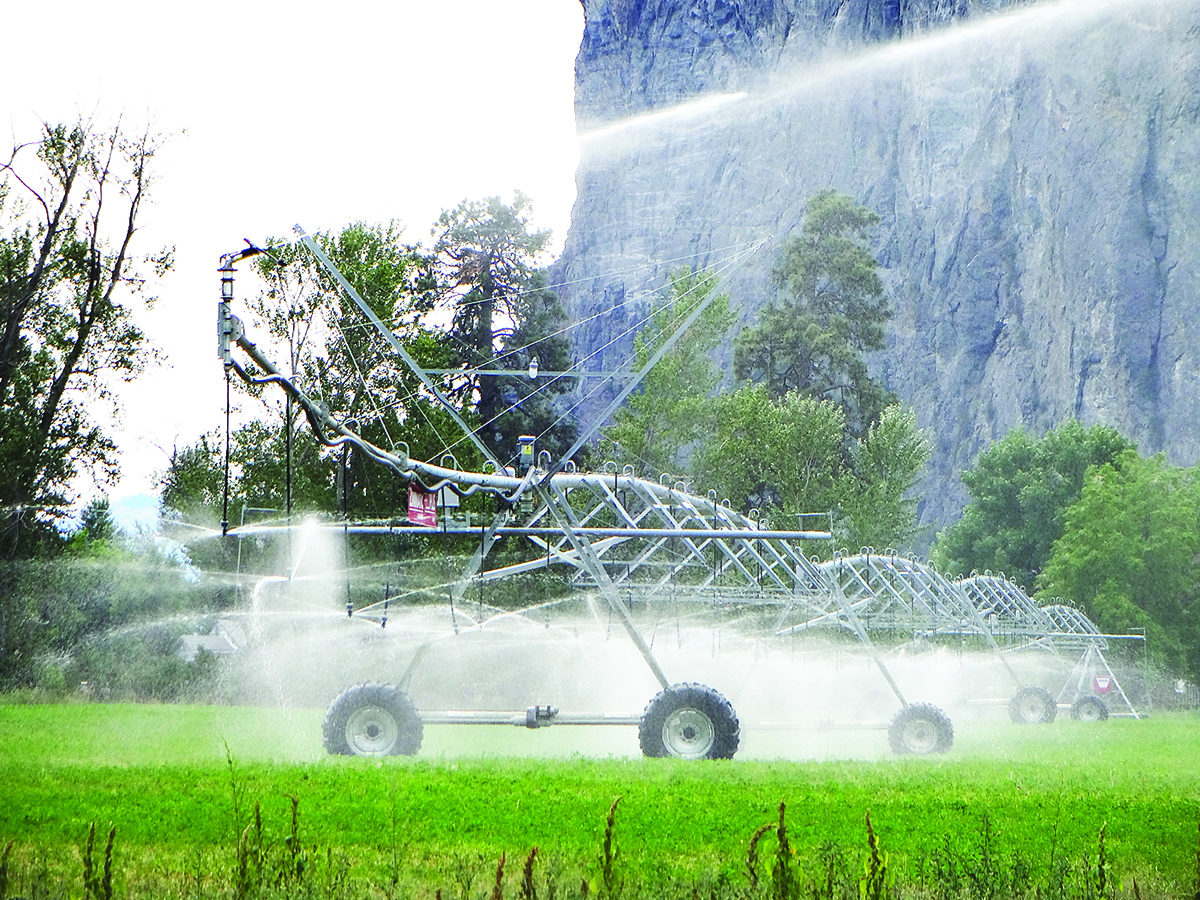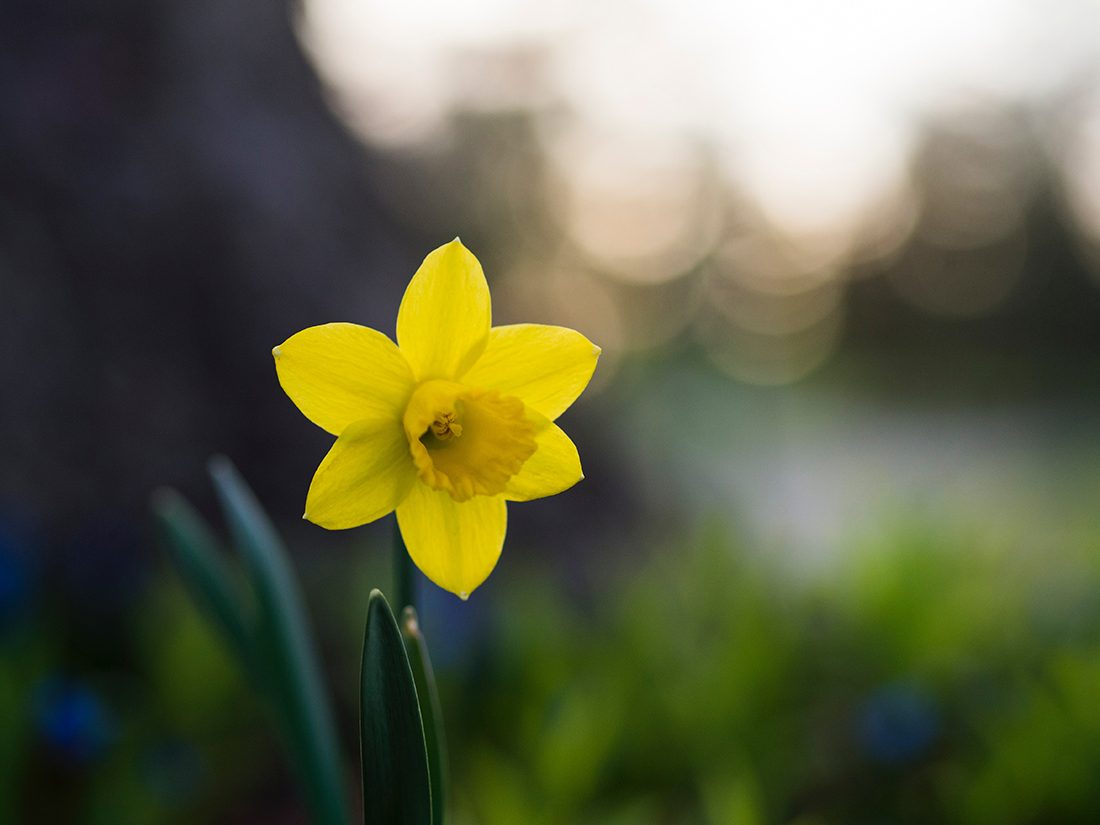Reconciliation with Indigenous peoples is a priority for BC premier John Horgan, but data from Statistics Canada shows the province leads the country when it comes to First Nations farmers.
A total of 1,060 farm operators identified as Indigenous in the 2016 Census of Agriculture. Of these, 285 – or 27% – were located in BC. A further 495 identified as Métis.
“Aboriginal people represented one of the few growing sectors of the agricultural population in 2016, posting large increases even as the total agricultural population declined,” Statscan said.
The insights were derived from a correlation of farm operator data with population data.
The data indicated that First Nations farmers typically operated small farms and generating an annual income of about $18,000. This is about a quarter of farm revenue among non-Indigenous operators.
“These differences are partly explained by the concentration of First Nations agricultural operators in British Columbia, where it is more common to find small agricultural operations that focus on specialty crops, such as berries,” Statscan explained.
However, some First Nations farming ventures are very large indeed. These include Inkameep Vineyards in Oliver. Ranching, greenhouse vegetables and market gardening are also part of the mix.
First Nations farm organizations in BC include the First Nations Agriculture Association. For three years, an Indigenous agriculture forum has occurred in Kamloops under the auspices of the Community Futures Development Corporation of Central Interior First Nations.


 Groundwater application deadline extended
Groundwater application deadline extended